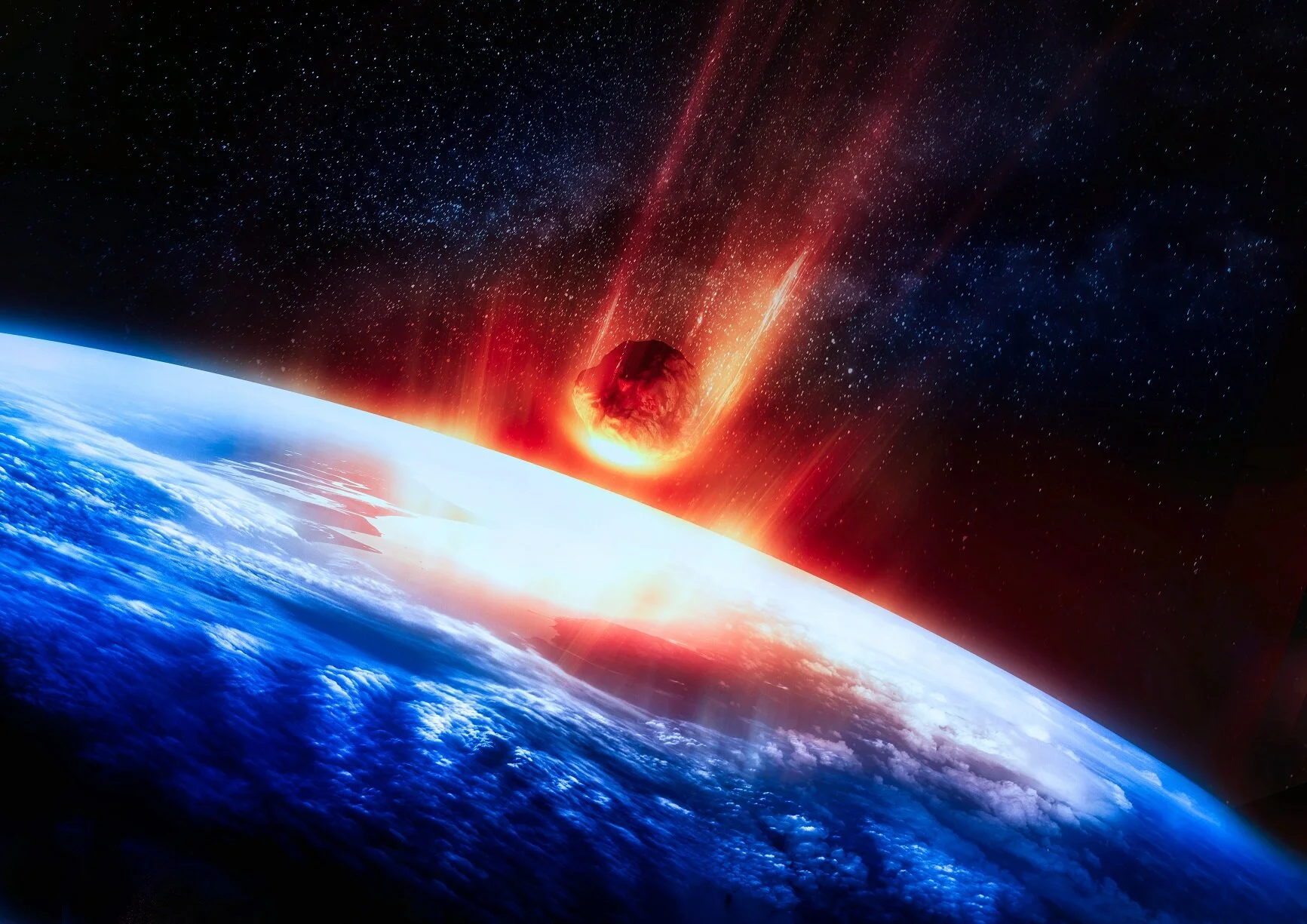Saturn is famous for many things. Aside from its ring system, which are the most visible and beautiful of any gas giant, it is also known for its extensive system of moons (the second largest in the Solar System behind Jupiter). And then there its banded appearance and gold color, which are the result of its peculiar composition and persistent weather patterns.
Through the nuclear looking glass: the moon & the bomb
For centuries, scientists have been attempting to explain how the Moon formed. Whereas some have argued that it formed from material lost by Earth due to centrifugal force, others asserted that a preformed Moon was captured by Earth’s gravity. In recent decades, the most widely-accepted theory has been the Giant-impact hypothesis, which states that the Moon formed after the Earth was struck by a Mars-sized object (named Theia) 4.5 billion years ago.
There are six styles of love. Which one best describes you?
Black holes are even stranger than you can imagine
What is the surface area of earth?
Whoever coined the phrase “it’s a small world” obviously never tried to travel around it! In truth, the planet’s dimensions are quite impressive, and determining just how big it is took many thousands of years. From astronomers determining that Earth was in fact round (and not a flat disc, cube or ziggurat), to the first successful attempts at circumnavigation, our estimates have changed over time.
When birds go roaming: The mystery of avian irruptions
Do vegetarians live longer? Probably, but not because they’re vegetarian
Don’t panic: the northern lights won’t be turning off anytime soon
The northern lights are nature’s very own magnificent light show. They are the mesmerising end result of electrically charged particles from the sun colliding with the Earth’s upper atmosphere. Though more frequently witnessed from the polar regions, the UK and other places on similar latitudes are lucky enough for the aurora borealis to occasionally grace their night sky.
‘Seeing’ music or ‘tasting’ numbers? Here’s what we can learn from people with synaesthesia
What is the weather like on Mars?
Mars is often referred to as “Earth’s Twin”, due to the similarities it has with our planet. They are both terrestrial planets, both have polar ice caps, and (at one time) both had viable atmospheres and liquid water on their surfaces. But beyond that, the two are quite different. And when it comes to their atmospheres and climates, Mars stands apart from Earth in some rather profound ways.
Why we can’t spin a silken yarn as strong as a spider can
Explainer: What is a planet?
Humanity’s understanding of what constitutes a planet has changed over time. Whereas our most notable magi and scholars once believed that the world was a flat disc (or ziggurat, or cube), they gradually learned that it was in fact spherical. And by the modern era, they came to understand that the Earth was merely one of several planets in the known Universe.
Are you getting enough vitamin B1 to help fend off Alzheimer’s?
Does the price of your shampoo affect how clean your hair is? Here’s the science
Six cosmic catastrophes that could wipe out life on Earth
What was the Carrington Event?
Some earth life is ready to live on Mars, right now
For some time, scientists have suspected that life may have existed on Mars in the deep past. Owing to the presence of a thicker atmosphere and liquid water on its surface, it is entirely possible that the simplest of organisms might have begun to evolve there. And for those looking to make Mars a home for humanity someday, it is hoped that these conditions (i.e favorable to life) could be recreated again someday.
Messier 32 - the 'Le Gentil' dwarf elliptical galaxy
During the 18th century, famed French astronomer Charles Messier noted the presence of several “nebulous objects” in the night sky. Having originally mistaken them for comets, he began compiling a list of them so that others would not make the same mistake he did. In time, this list (known as the Messier Catalog) would come to include 100 of the most fabulous objects in the night sky.
Are shorter, more intense workouts worth the extra sweat when trying to lose weight?
Everybody knows that to lose weight you need to eat less or exercise more – or ideally do both. The evidence supporting the benefits of regular exercise and eating less is overwhelming, but for people looking to lose weight, it remains unclear whether there are extra benefits to be gained from increasing the intensity of workouts.
How old is our moon?
Most scientists agree that the Earth has pretty much always had its moon. Details of the moon’s composition (in particular the “isotopic mixture” of heavier and lighter versions of various elements) are too similar to the Earth’s for it to have been captured from somewhere remote. However, some compositional details differ enough to rule out the idea that the moon is simply a chunk of the Earth that broke loose.














